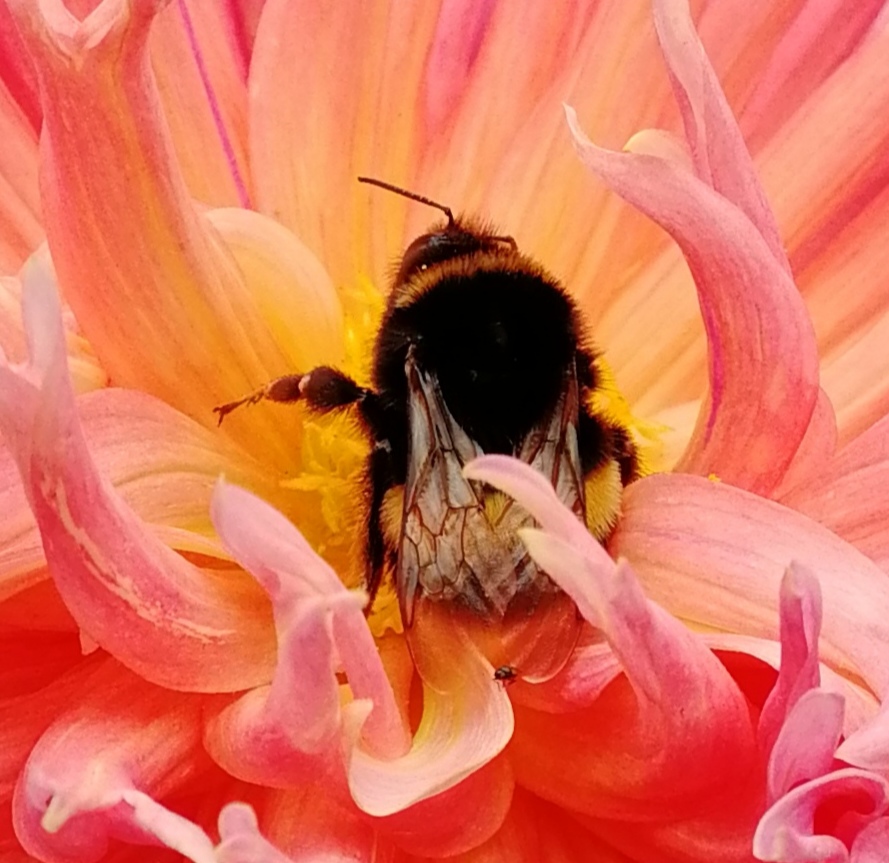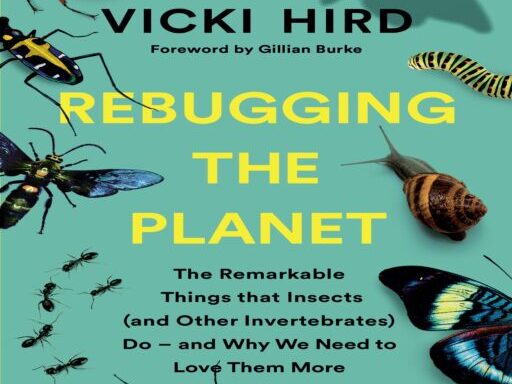OK so this book is about the remarkable importance of the spineless of this earth, why we should help them and how. It started life as a set of fun tips for rebugging which I wrote on my phone on a long journey somewhere. The list got longer, more detailed and more political. We can’t just make small changes – we need to affect the systems at fault from food supply change, to global economics. And I could not help myself.
Somehow, as is often the way with words, it developed into a bigger idea which the publisher Chelsea Green seemed to like.
It has been a big learning curve for me in writing this whilst also working on my regular job of campaigning and trying the influence the creation of a whole new set of farm and environment policies.
I thought I knew a fair bit when I started. I’ve kept a good eye on what’s happening in the invertebrate worlds through reading and keeping watch of research developments especially via the Royal Society of Entomology. But as i delved further, I was freshly amazed by how incredible the tiny creatures of this world are. How termites build.. how insects have incredible ways of working with plants.. by the impact of climate change on spiders.. by the key role tiny wood ants can play in keeping a forest healthy. The task was a delight and also daunting. How to chose what to include? What invertebrates to do us and what we can learn from them was big enough. But it was also good to develop more the ideas on what we can do to help, in a whole heap of ways from small to huge
My book could never shirk the hard stuff. It’s not only about planting native flowers and cutting out the chemicals … but about what you eat and wear, how you get political with a small ‘p’ to stop systemic problems that harm bugs. I could not fail to look at overconsumption and waste, and not just of food (my pet area) but clothes and other products too. And inevitably, the unacceptable power of global agro-chemical companies and grain traders as well as poverty and inequality. It all matters to bugs.
But there are lots of good tips and facts too – what we can learn from bugs – and links to useful organisations and guides to get you rebugging in whatever way you can.

